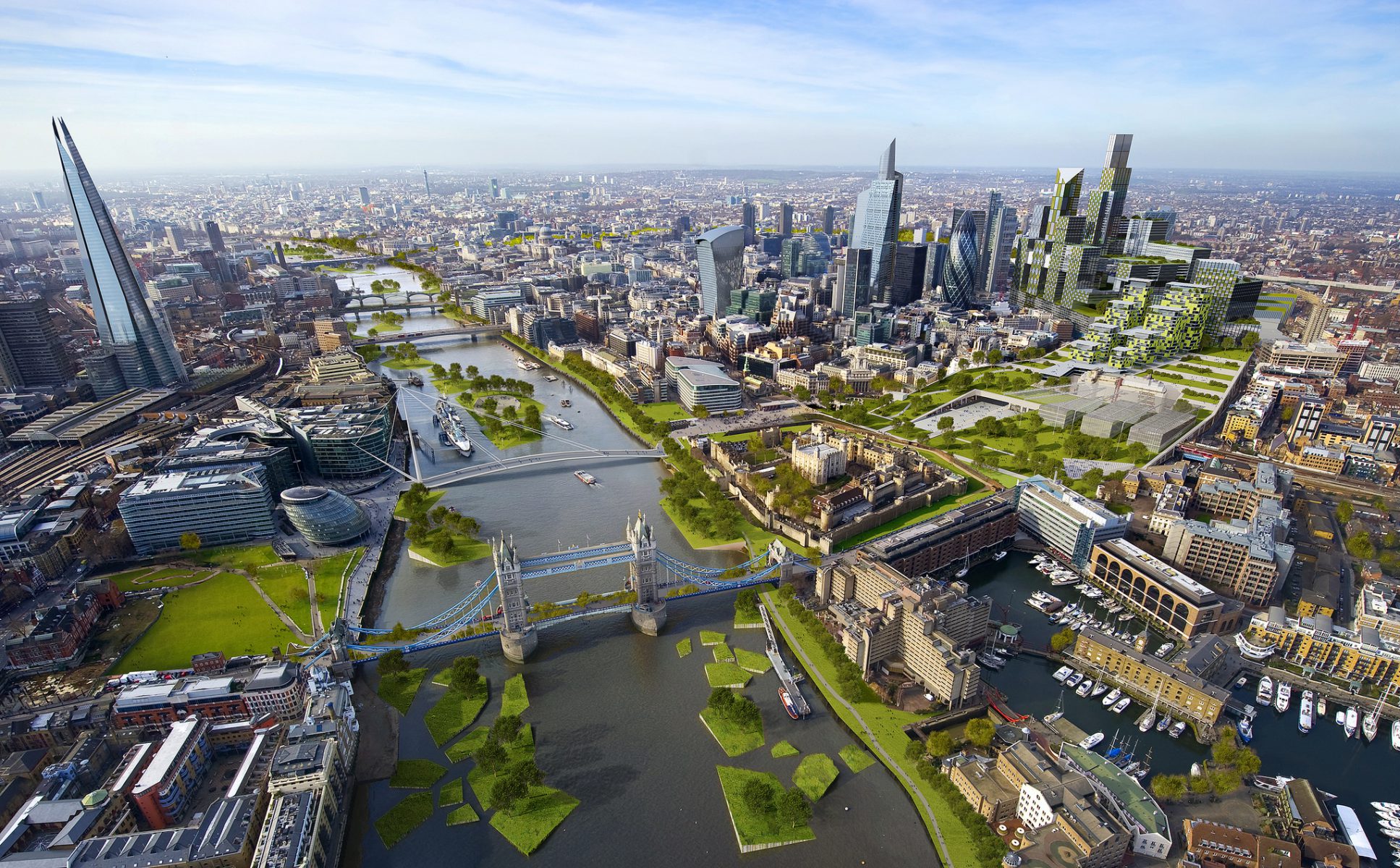The conversation around the shift to remote working is constantly ongoing, and we have all seen first-hand the positive impacts on businesses. This includes anything from improved collaboration and productivity, through to better mental health and wellbeing. Technology has been a key enabler in supporting the move to remote working.
Technology adopted during lockdown to enable employees to work remotely has shaped not just organisations during lockdown, but strategic business planning moving forward. We have already seen announcements from large enterprise technology organisations, shifting their working model to remote, either entirely or in part.
The productivity benefits of working from home centre around the loss of the need to commute. With the average person’s work commute at 60 minutes each way, this has saved on average a staggering 10 hours per week spent mostly in the car, on the train or bus. As a result of this, the European Environment Agency’s data confirms large decreases in air pollutant concentrations, of nitrogen dioxide (NO2) concentrations, largely due to reduced traffic and other activities, especially in major cities under lockdown measures.
Reductions of around half have been seen in some locations, for example:
- In Milan, average concentrations of NO2 for the past month have been at least 24 % lower than the month prior. The average concentration during the week of 16-22 March was 21 % lower than for the same week in 2019.
- In Rome, average NO2 concentrations for the past four weeks were 26-35 % lower than for the same weeks in 2019.
- In Barcelona, average NO2 levels went down by 40 % from one week to the next. Compared with the same week in 2019, the reduction was 55 %.
- In Madrid, average NO2 levels went down by 56 % from one week to the next. Compared with the same week in 2019, the reduction was 41 %.
- In Lisbon, average NO2 levels went down by 40 % from one week to the next. Compared with the same week in 2019, the reduction was 51 %.
(European Environment Agency, 2020).
After achieving and analysing this reduction in pollution, will the Covid-19 lockdown result in real progress to tackle climate change?
Whilst addressing long-term air quality problems requires ambitious policies and forward-looking investments, the Covid-19 lockdown demonstrated the capability we must vastly reduce our emissions. When the noise of airplanes and traffic was gone, it helped us understand and have empathy for the effects of climate change on future generations. The lockdown also demonstrated to employers that employees can effectively work from anywhere with best placed technology, and in turn contribute toward a greener and more sustainable future.
Is your business set up for remote working?
XMA have been supporting businesses throughout Covid-19 to achieve efficient digital workspaces. Get in touch to discuss your Digital Workspace now.
Reference: European Environment Agency (2020). Air Pollution. Available at: https://www.eea.europa.eu/highlights/air-pollution-goes-down-as [Accessed: 24.08.2020]












 Monitoring by Hotjar
Monitoring by Hotjar